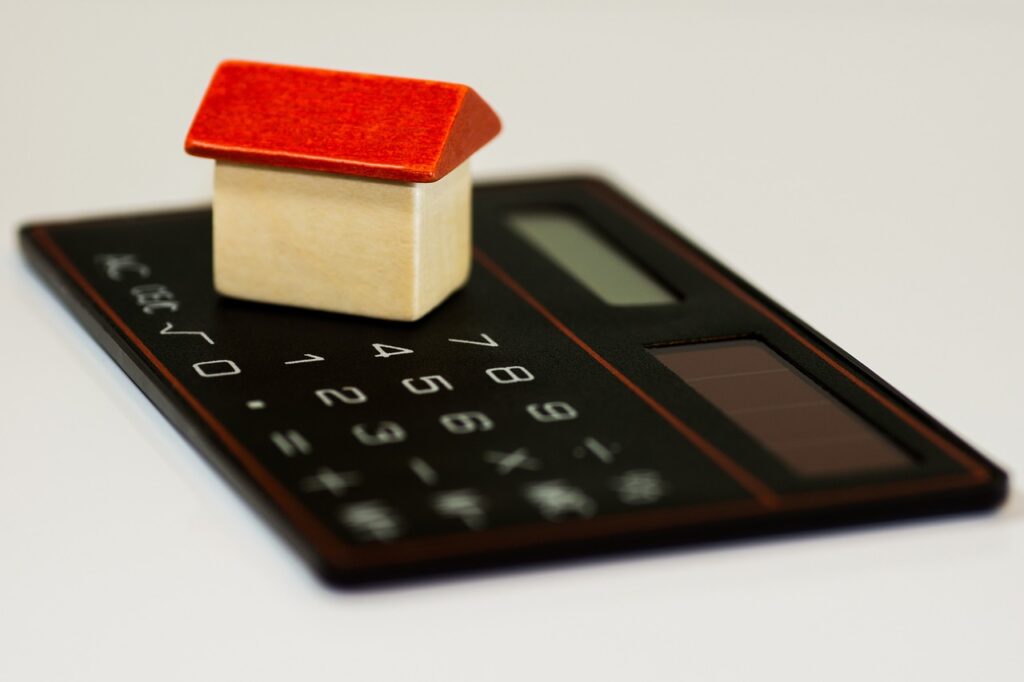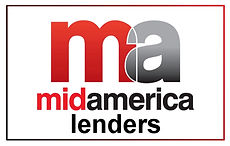A cash out refinance is a type of mortgage that allows you to borrow money against the equity you have built up in your home. This equity is the difference between the current market value of your home and the amount you owe on your mortgage.

How Cash Out Refinances Work
When you take out a cash out refinance, you essentially replace your current mortgage with a new one that is larger than the amount you owe. The extra money is then paid to you in cash.
Why You Might Want a Cash Out Refinance
There are many reasons why you might want to consider a cash out refinance. Here are a few of the most common:
- Pay for home improvements: If you need to make major repairs to your home, such as a new roof or a kitchen remodel, a cash out refinance can be a great way to finance the project.
- Pay off high-interest debt: If you have high-interest debt, such as credit card debt or student loans, you may be able to save money by refinancing it into a lower-interest mortgage.
- Fund a large purchase: If you want to buy a new car, boat, or other major expense, a cash-out refinance could provide you with the funds you need.
Benefits of Cash Out Refinances
Cash out refinances can offer a number of benefits, including:
- Access to cash: As mentioned, you can access a lump sum of cash that can be used for any purpose you choose.
- Low interest rates: Cash-out refinances often come with lower interest rates than other types of personal loans.
- Equity extraction: You can extract equity from your home, which can be a good way to build wealth.
Considerations for Cash-Out Refinances
Before you decide to get a cash-out refinance, there are a few things you need to consider, including:
- Appraisal fees: You will need to pay an appraisal fee, which can range from $300 to $1,500.
- Closing costs: You will also need to pay closing costs, which can add up to 3 to 6% of the loan amount.
- Interest rate: The interest rate on a cash-out refinance will be higher than the interest rate on a traditional mortgage.
- Monthly payment: Your monthly payment will be higher after a cash-out refinance, due to the larger loan amount.
When to Get a Cash Out Refinance
A cash-out refinance can be a strategic financial move when specific conditions align with your overall goals and financial situation. Here are key factors to consider when deciding if it’s the right time for a cash-out refinance:
- Good Credit and Low DTI (Debt-to-Income Ratio):
- Advantage: Lenders typically offer more favorable terms to borrowers with good credit and a low debt-to-income ratio. This means you’re more likely to secure a lower interest rate.
- Disadvantage: If your credit score is less than stellar or your debt obligations are high compared to your income, you might face challenges in obtaining favorable terms.
- Affordability of Higher Monthly Payments:
- Advantage: While a cash out refinance provides access to funds, it also increases your mortgage amount and, consequently, your monthly payments. If your income comfortably covers the higher payments, this can be an advantageous way to meet financial goals.
- Disadvantage: If you’re uncertain about your ability to manage increased monthly payments, reconsidering the timing of a cash out refinance is crucial to avoid financial strain.
- Financial Goals and Purpose:
- Advantage: Determine if your financial goals align with the purposes a cash out refinance serves. Whether it’s funding home improvements, consolidating high-interest debt, or making a significant purchase, having a clear objective will guide your decision.
- Disadvantage: If the purpose is not well-defined, there’s a risk of using the funds irresponsibly, potentially leading to increased financial stress.
- Pre-Approval Process:
- Advantage: Getting pre-approved before actively searching for lenders provides a realistic view of the interest rates and terms available to you. It helps in setting expectations and streamlining the decision-making process.
- Disadvantage: Failing to secure pre-approval may result in uncertainty about the terms you qualify for, leading to potential surprises during the application process.
- Market Conditions:
- Advantage: Monitoring current mortgage interest rates and overall economic conditions is essential. Favorable market conditions can result in more advantageous terms, potentially reducing the overall cost of borrowing.
- Disadvantage: Unfavorable market conditions may mean higher interest rates, impacting the cost-effectiveness of a cash out refinance.
- Long-Term Financial Planning:
- Advantage: Consider how a cash out refinance fits into your long-term financial plan. It can be a tool for wealth-building through home equity extraction, but it’s crucial to evaluate the impact on your overall financial stability.
- Disadvantage: Without a clear understanding of your long-term financial picture, you may overlook potential risks and fail to optimize the benefits of a cash out refinance.
Get Pre-Approved
Getting pre-approved for a cash out refinance is a crucial initial step, offering a comprehensive evaluation of your financial standing by a lender. This process considers key factors like your credit score, income, and existing debts, providing a clear understanding of the loan amount and terms you may qualify for. Beyond setting realistic expectations and streamlining the application process, pre-approval also presents a competitive advantage in the real estate market, as sellers often prefer dealing with pre-approved buyers, recognizing their financial readiness and commitment.
Pre-approval can offer additional benefits such as a possible rate lock, allowing you to secure a favorable interest rate for a set period, and shielding you from potential market fluctuations. It also acts as an early detection system for any financial issues, allowing you to address and rectify them before formal application, minimizing delays and complications. Overall, obtaining pre-approval ensures you approach the cash out refinance process with a solid understanding of your borrowing capacity and potential terms, enhancing efficiency and confidence in your financial decisions.
| Advantage | Disadvantage |
|---|---|
| Access to cash | Higher interest rates |
| Low interest rates | Higher monthly payments |
| Equity extraction | Closing costs |
| Tax deductions | Appraisal fees |
Cash Out Refinance Chicago: Unlocking Equity
The Windy City, known for its vibrant culture, diverse neighborhoods, and architectural wonders, is also a hotbed for real estate investment and homeownership. If you’re a homeowner in Chicago looking to tap into the equity you’ve built up over the years, a cash out refinance in Chicago could be the key to unlocking your home’s full potential.
A cash out refinance can be a great way to access cash or pay off debt. However, it is important to weigh the benefits and risks carefully before you decide to get one.

